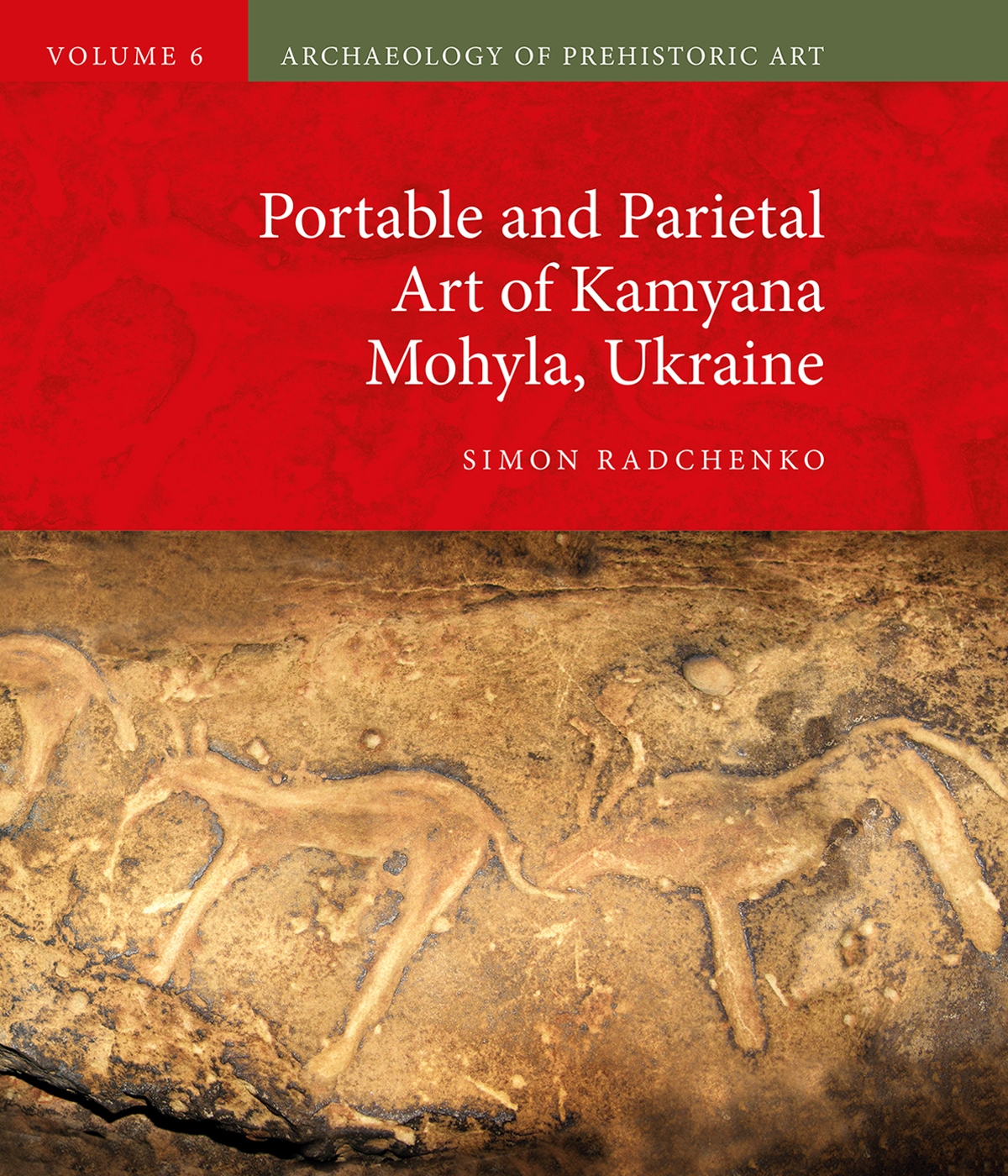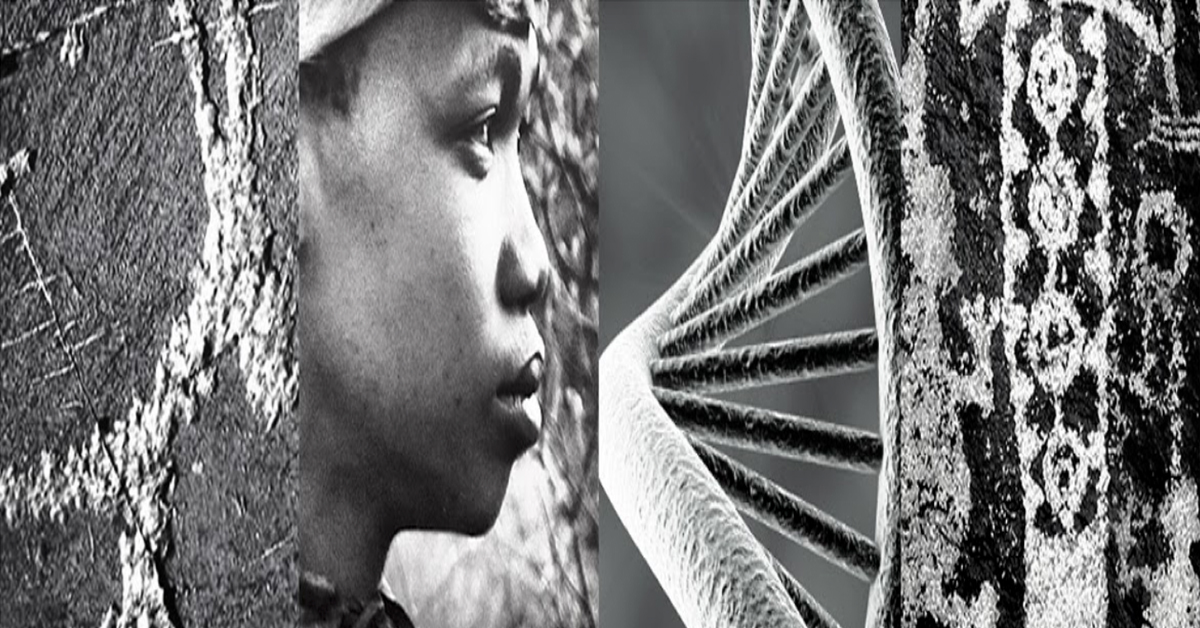


by Professor Stephen Oppenheimer
- Paperback: 400 pages
- Publisher: Robinson Publishing
- ISBN-10: 1845294823
- ISBN-13: 978-1845294823
Book Description:
As a child, I sometimes wondered why people told jokes about Englishmen, Irishmen, Welshmen and Scotsmen. Why should our origins and differences matter? Part of growing up was realizing that they do matter and trying to understand why.
This book challenges some of our longest held assumptions about the differences between Anglo-Saxons and Celts - perceived differences that have informed our collective sense of identity. Orthodox history has long taught that the Romans found a uniformly Celtic population throughout the British Isles, but that the peoples of the English heartland fell victim to genocide by the Anglo-Saxon hordes during the fifth and sixth centuries.
Now Stephen Oppenheimer's groundbreaking genetic research has revealed that the Anglo-Saxon invasion contributed only a tiny fraction to the English gene pool. In fact, three quarters of English people can trace an unbroken line of genetic descent through their parental genes from settlers arriving long before the introduction of farming.
Synthesizing the genetic evidence with linguistics, archaeology and the historical record, Oppenheimer shows how long-term Scandinavian trade and immigration contributed the remaining quarter - mostly before the arrival of the Anglo-Saxons. These migrations may have introduced the earliest forms of English.
And what of the Celts we know - the Irish, Scots and Welsh? Scholars have traditionally placed their origins in Iron Age Central Europe, but Oppenheimer's new data clearly show that the Welsh, Irish and other Atlantic fringe peoples derive from Ice Age refuges in the Basque country and Spain. They came by an Atlantic coastal route many thousands of years ago, though the Celtic languages we know of today were brought in by later migrations, following the same route, during Neolithic times.
Stephen Oppenheimer shows us, in his meticulous analysis, that there is in truth a deep genetic line dividing the English from the rest of the British people but that, fascinatingly, the roots of that separate identity go back not 1500 years but 6,000. The real story of the British peoples is one of extraordinary continuity and enduring lineage that has survived all onslaughts.
Stephen Oppenheimer of University of Oxford is a leading expert in the use of DNA to track migrations. His last book Out of Eden rewrote the prehistory of man's peopling of the world in a thesis that has since been confirmed in Science. He is also the author of Eden in the East: The Drowned Continent of Southeast Asia, which challenged the orthodox view of the origins of Polynesians as rice farmers from Taiwan.
Praise for Out of Eden:
'Stephen Oppenhimer's exciting new book sets a whole new agenda for prehistoric archaeologists working in Britain...essential reading for everyone interested in the origins of the Britons...British prehistory will have to be radically re-thought.' - Barry Cunliffe, Professor of European Archaeology, University of Oxford
'Stephen Oppenheimer is the supreme genetic detective fishing for evidence in the gene-pools of history. Be prepared to have all your cherished notions of English history and Britishness swept away in this fascinating and superbly illustrated account of what makes up our national character.' - Professor Clive Gamble, Department of Geography, Royal Holloway University of London
'A well-informed, original and challenging application of new genetic data to the early population history of Britain.... British prehistory will never look the same again.' - Professor Colin Renfrew, McDonald Institute for Archaeological Research, University of Cambridge
'Stephen Oppenheimer's challenging book contributes significantly to the growing body of genetic, linguistic, and historical evidence for an early Germanic presence in "Celtic" Britain.' - Dr. Peter Forster, Molecular Genetics Laboratory, University of Cambridge
'Oppenheimer calls his book "a genetic detective story". It is. Pre-Roman language in western Europe was a locked-room mystery - until someone looked for the key.' - Aubrey Burl, Archaeologist & author on megalithic monuments
Professor Stephen Oppenheimer:
Stephen Oppenheimer trained in medicine at Oxford and London universities, qualifying in 1971. From 1972 he worked as a clinical paediatrician, mainly in Malaysia, Nepal and Papua New Guinea. He carried out and published clinical research in the areas of nutrition, infectious disease (including malaria), and genetics, focussing on the interactions between nutrition, genetics and infection, in particular iron nutrition, thalassaemia and malaria. He returned to England in 1997, writing the book Eden in the East: the drowned continent of Southeast Asia, published in 1998. The book synthesised work across a range of disciplines, including oceanography, archaeology, linguistics, social anthropology and human genetics. He continued to write books and articles, and began a second career as a researcher and popular-science writer on human prehistory. He worked as consultant on two television documentary series, The Real Eve (Discovery Channel) and Out of Eden (Channel 4), and published a second book, Out of Eden: the Peopling of the World (retitled The Real Eve in USA). This was followed in 2006 by The Origins of the British: a genetic detective story, on the post-glacial peopling of Great Britain and Ireland. In 2009 he was consultant on the BBC TV series The Incredible Human Journey. Stephen Oppenheimer’s research forms the basis of the Bradshaw Foundation's Journey of Mankind Genetic Map, adapted from 'Out of Eden' / 'The Real Eve', and he is a member of the Foundation's Advisory Board.
→ Bradshaw Foundation - Book Review
→ Professor Stephen Oppenheimer
by Kate Winter
13 November 2025 Book Review Archive
→ Neolithic Tombs of Wales
by George Nash
19 November 2024
by Simon Radchenko
22 May 2024
by Meenakshi Dubey-Pathak and Jean Clottes
10 November 2023
by Paola Demattè
12 January 2023
by Paul Pettitt
10 November 2022
by George Nash
19 November 2024
by Simon Radchenko
22 May 2024
by Meenakshi Dubey-Pathak and Jean Clottes
10 November 2023
by Paola Demattè
12 January 2023
by Paul Pettitt
10 November 2022
Friend of the Foundation
by George Nash
19 November 2024
by Simon Radchenko
22 May 2024
by Meenakshi Dubey-Pathak and Jean Clottes
10 November 2023
by Paola Demattè
12 January 2023
by Paul Pettitt
10 November 2022














